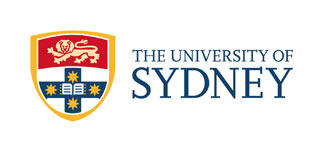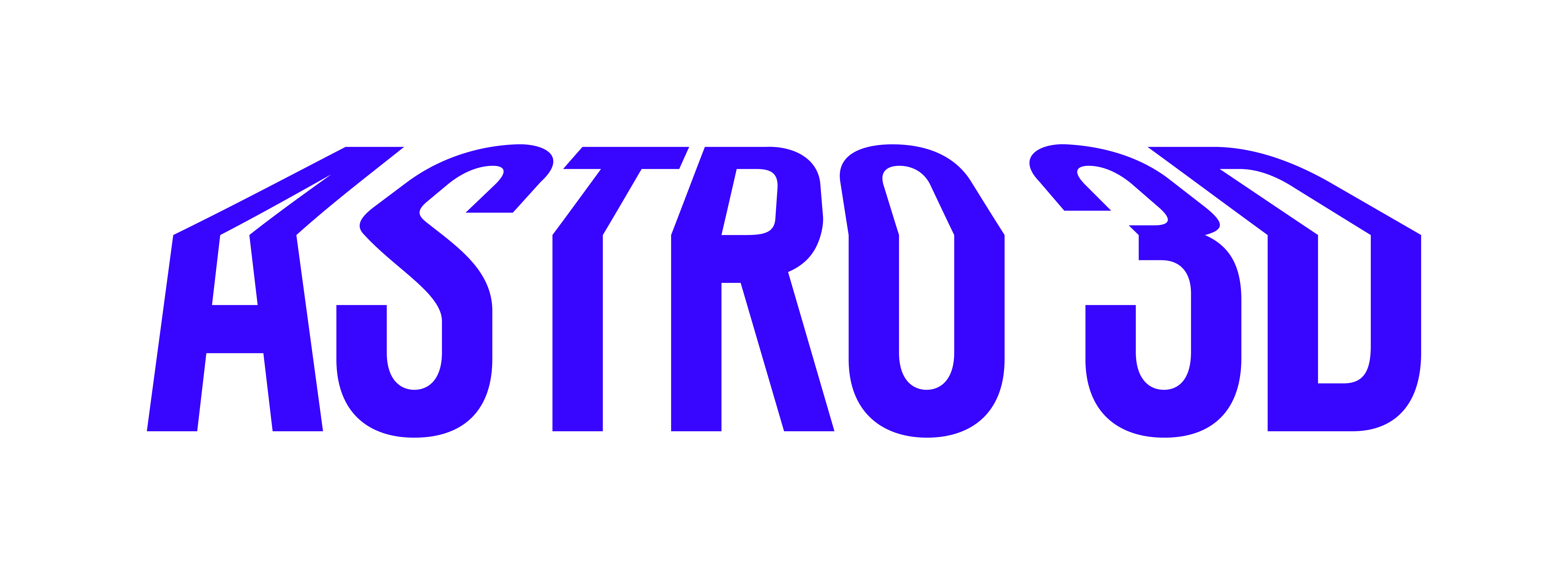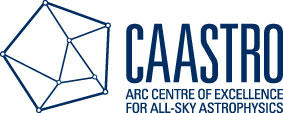Authors
J. J. Bryant, M. S. Owers, A. S. G. Robotham, S. M. Croom, S. P. Driver, M. J. Drinkwater, N. P. F. Lorente, L. Cortese, N. Scott, M. Colless, A. Schaefer, E. N. Taylor, I. S. Konstantopoulos, J. T. Allen, I. Baldry, L. Barnes, A. E. Bauer, J. Bland-Hawthorn, J. V. Bloom, A. M. Brooks, S. Brough, G. Cecil, W. Couch, D. Croton, R. Davies, S. Ellis, L. M. R. Fogarty, C. Foster, K. Glazebrook, M. Goodwin, A. Green, M. L. Gunawardhana, E. Hampton, I.-T. Ho, A. M. Hopkins, L. Kewley, J. S. Lawrence, S. G. Leon-Saval, S. Leslie, G. Lewis, J. Liske, A ́.R. L ́opez-S ́anchez, S. Mahajan, A. M. Medling, N. Metcalfe, J. Mould, M. Meyer, D. Obreschkow, S. O’Toole, M. Pracy, S. N. Richards, T. Shanks, R. Sharp, S. M. Sweet, A. D. Thomas, C. Tonini, C. J. Walcher
Abstract
The SAMI Galaxy Survey will observe 3400 galaxies with the Sydney-AAO Multi- object Integral field spectrograph (SAMI) on the Anglo-Australian Telescope (AAT) in a 3-year survey which began in 2013. We present the throughput of the SAMI system, the science basis and specifications for the target selection, the survey observation plan and the combined properties of the selected galaxies. The survey includes four volume-limited galaxy samples based on cuts in a proxy for stellar mass, along with low-stellar-mass dwarf galaxies all selected from the Galaxy and Mass Assembly (GAMA) survey. The GAMA regions were selected because of the vast array of ancillary data available, including ultraviolet through to radio bands. These fields are on the celestial equator at 9, 12, and 14.5 hours, and cover a total of $144\,\textrm{deg}^2$ (in GAMA-I). Higher density environments are also included with the addition of eight clusters. The clusters have spectroscopy from 2dFGRS and SDSS and photometry in regions covered by the Sloan Digital Sky Survey (SDSS) and/or VLT Survey Telescope/ATLAS. The aim is to cover a broad range in stellar mass and environment, and therefore the primary survey targets cover redshifts $0.004 < z < 0.095$, magnitudes $r_{\textrm{pet}} < 19.4$, stellar masses $10^7$-$10^{12}M_\odot$, and environments from isolated field galaxies through groups to clusters of $\sim 10^{15}M_{\odot}$.




